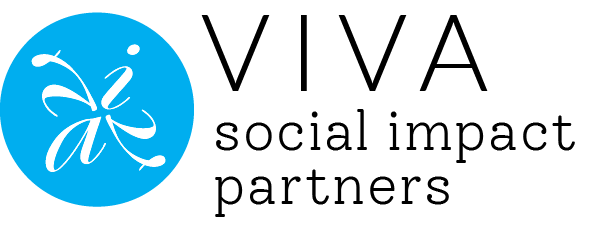2 min read
5 Steps to Overcoming Barriers to Effective Family Engagement
Noa Elliott
December 20, 2022
Blog

Strong, sustained family engagement is not without its challenges. Parents are busy, and asking them to do another thing on top of everything else has to be manageable and worth the investment.
VIVA conducted extensive research to better understand best practices and opportunities for family engagement, as well as how family-serving initiatives across California are engaging parents as partners. Read more about the barriers to building and sustaining parent and family partnerships that we learned through this analysis by downloading the HMGIE Family Landscape Analysis for yourself.
Despite the barriers, there are always opportunities to create the conditions for strong parent and family partnerships. Here’s how we did it:
- Be sensitive to family culture, including language, as well as individual family values and home culture.
Parenting is deeply personal and reflects generations of practices, rituals, and context. Bring awareness and respect to your relationships with parents to make them feel comfortable and ensure that the recommendations and services that your organization offers are relevant. Culturally responsive care will have staying power. Know your audience. - Partner with like-minded groups.
Meet parents where you know they already are, and join forces with the folks who have similar goals to yours--such as Head Start, WIC, Family Resource Centers, and home visiting programs. Partner with the other leaders in this space to find out how to best support these parents, and directly engage parents who have been historically gone unheard. And of course, if you are trying to support young children and find time in parents’ busy schedules, you should go to them! Partners can help. - Place parents as leaders in the effort! Their voices should be central to the work.
Rather than thinking about how to get parents to follow your leadership, ask them for the opportunity to follow theirs. It becomes exponentially more worth parents’ time when they have an opportunity to lead. Let them create the resources they know they need. - Learn from your parent partners and be ready to make changes.
Take what you learn from families to create services and resources that are accessible for everyone, with an emphasis on those who could most benefit. A parent engagement strategy has to go hand in hand with a willingness to make changes based on what is shared by parents. The better you are able to tailor services to parents' needs, the more you will secure your reputation as a reliable, impactful partner to familie. Earn that reputation, then sustain it. - Create opportunities for families to tell their stories to frame the work at every level.
Your organization and your team should be a safe space for parents to contribute. Center family voices and experiences even when and where parents cannot specifically lead. Inviting families to share their stories, and then amplifying those stories will make your communications more authentic and memorable, and position you to advocate for what families need.
Overcoming barriers to effective family engagement is about creating something that can last. The Help Me Grow Inland Empire Family Landscape Analysis shares findings about the ways and means we can put parents into the driver's seats, and keep them there.
VIVA Social Impact Partners helps our clients create the conditions for change that reverberate for a long time to come. Our consulting approach creates integrated solutions to turn possibility into action, develop and mobilize champions, and demonstrate and sustain your results—for change that is transformational.
